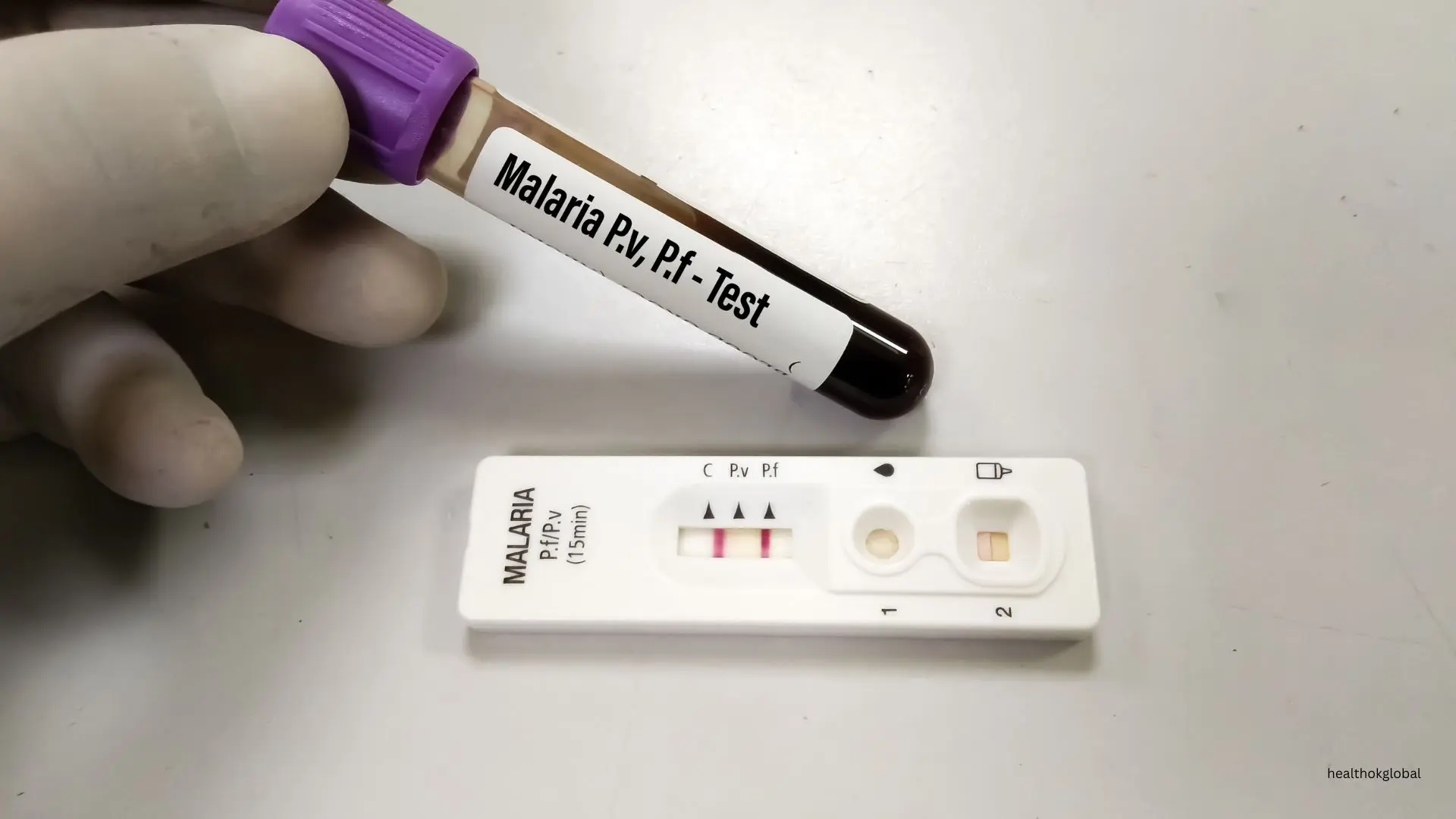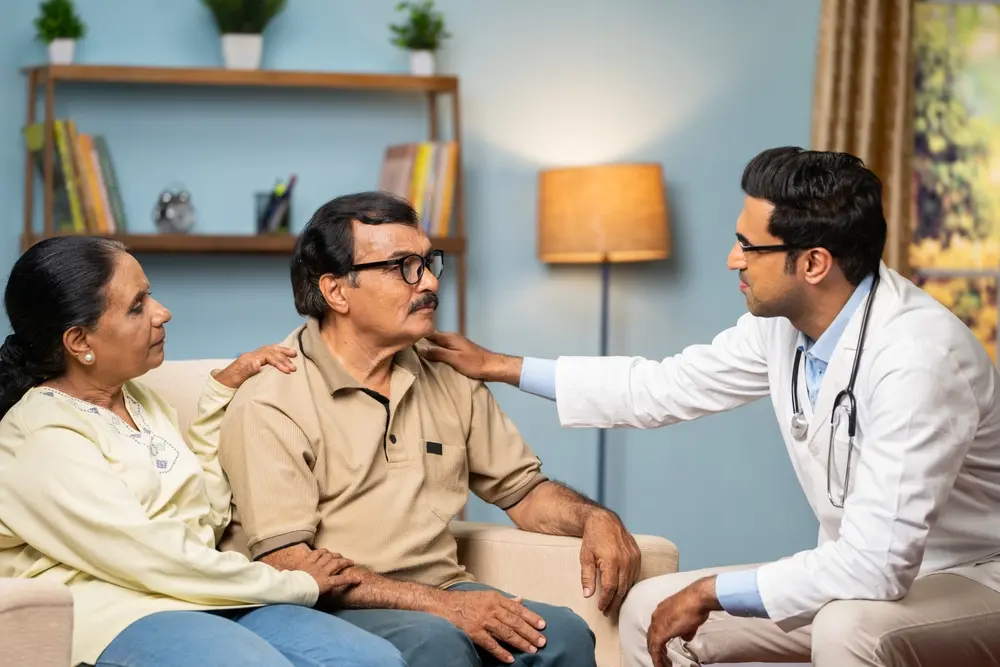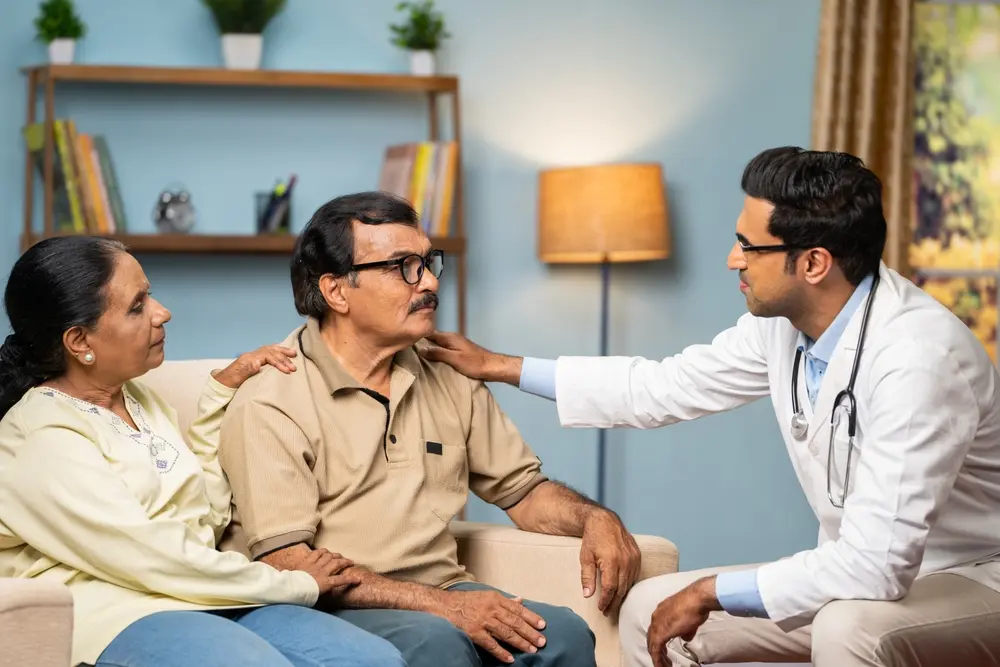Malaria test kits are essential tools for the rapid diagnosis of malaria, especially in remote and resource-limited settings.

Blog
Understanding Malaria Test Kits: Importance and Usage
Malaria test kits are essential tools for the rapid diagnosis of malaria, especially in remote and resource-limited settings. These kits are designed to detect the presence of malaria parasites in the blood quickly and accurately, allowing for timely treatment and reducing the risk of complications. This blog explores the importance, usage, and benefits of malaria test kits.
There are several types of malaria test kits available, each with its own advantages and limitations. The most commonly used kits include rapid diagnostic tests (RDTs) and molecular diagnostic tests.
Rapid diagnostic tests (RDTs) are immunochromatographic tests that detect specific antigens produced by malaria parasites. RDTs are easy to use, provide results within 15-20 minutes, and do not require specialized laboratory equipment. They are particularly useful in remote areas with limited access to laboratory facilities.
Molecular diagnostic tests, such as polymerase chain reaction (PCR), detect malaria DNA in blood samples. These tests are highly sensitive and specific but require specialized equipment and trained personnel. Molecular tests are valuable for confirming RDT results and detecting low-level infections or mixed-species infections.
Malaria test kits offer several advantages, including:
Test kits provide quick results, allowing for timely diagnosis and treatment.
Most test kits are easy to use and require minimal training, making them accessible to healthcare workers in remote areas.
Test kits are portable and can be used in various settings, including clinics, hospitals, and field conditions.
RDTs are cost-effective compared to laboratory-based diagnostic methods, making them suitable for widespread use in resource-limited settings.
Despite their advantages, malaria test kits also have some limitations:
The sensitivity of RDTs can vary depending on the Plasmodium species and the level of parasitemia.
RDTs require proper storage conditions to maintain their effectiveness, which can be challenging in tropical climates.
Positive RDT results should be confirmed with additional diagnostic methods, such as microscopy or PCR, to ensure accuracy.
The process of using malaria test kits typically involves the following steps:
A blood sample is collected from the patient, usually through a finger prick.
The collected blood sample is applied to the test kit, along with a reagent or buffer solution.
After a specified incubation period, the test kit displays the results, typically in the form of visible lines or color changes.
Malaria test kits are crucial for several reasons:
Early diagnosis allows for prompt treatment, reducing the risk of complications and transmission.
Test kits provide accessible diagnostic options in remote and resource-limited settings, where laboratory facilities may be unavailable.
Widespread use of test kits can improve malaria surveillance and help track the prevalence of the disease.
Continued research and development are essential for improving malaria test kits. Future advancements may include more sensitive and specific tests, as well as portable molecular diagnostic tools that can be used in field settings.
Malaria test kits are invaluable tools for the rapid and accurate diagnosis of malaria. By understanding their importance, usage, and benefits, healthcare professionals can effectively utilize these kits to improve patient outcomes and reduce the burden of malaria. Continued investment in research and development will further enhance the capabilities of malaria diagnostic tools, contributing to the global fight against this life-threatening disease.
HealthOK Global's dedicated care team provides essential healthcare assistance for the elderly in India, ensuring they receive comprehensive support in the comfort of their homes. From routine medical check-ups and medication management to personalized nursing care and emergency response services, our expert caregivers are committed to enhancing the quality of life for seniors. With our FREE 24 x 7 Healthcare Helpline, you can reach us anytime at +91-8047190955 (India) or +1-888-462-1804 (USA) to ensure your loved ones receive the best possible care.
There are several types of malaria test kits available, each with its own advantages and limitations. The most commonly used kits include rapid diagnostic tests (RDTs) and molecular diagnostic tests.
Rapid diagnostic tests (RDTs) are immunochromatographic tests that detect specific antigens produced by malaria parasites. RDTs are easy to use, provide results within 15-20 minutes, and do not require specialized laboratory equipment. They are particularly useful in remote areas with limited access to laboratory facilities.
Malaria test kits are crucial for several reasons:
Need Personalized Health Guidance?
Get expert advice tailored to your specific health needs from our qualified healthcare professionals.





